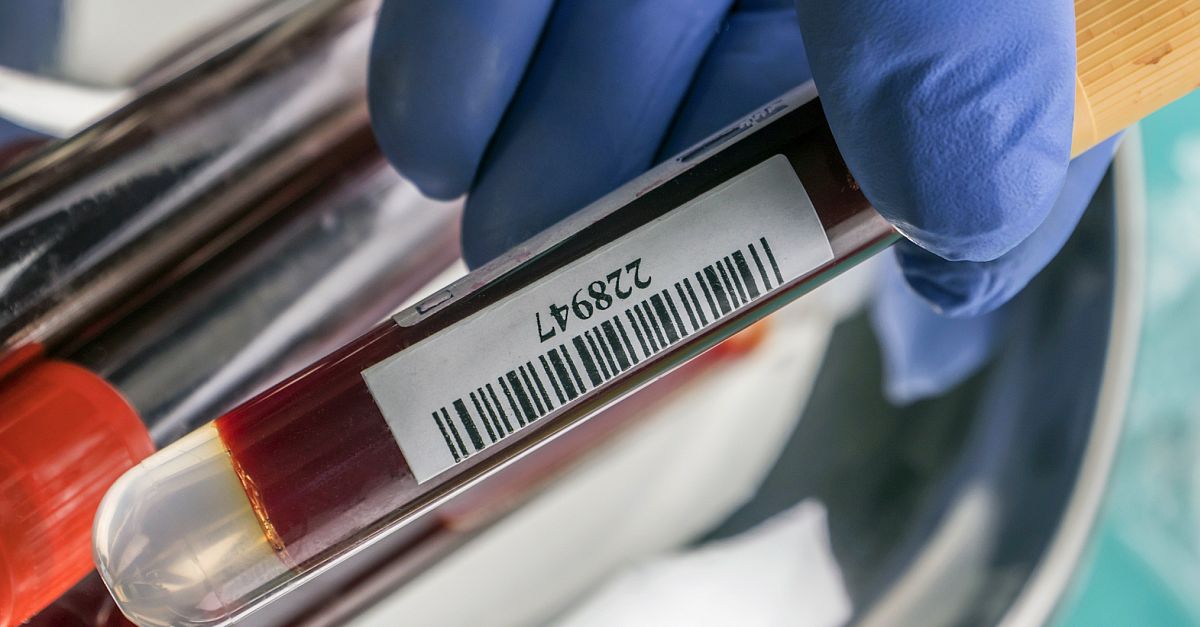Early cancer detection can save lives, so regular screening is recommended for several common cancers, using various methods. However, getting all the recommended tests (eg, colonoscopies, mammograms) can present physical and logistic challenges for patients. Researchers are now working to develop multicancer early detection tests (MCEDs) to help alleviate these burdens. MCEDs look for circulating trace amounts of tumor DNA in the bloodstream to identify whether it came from normal or cancerous tissue. Similar to the currently used liquid biopsies that look for tumor DNA in patients with advanced-stage cancer to help guide treatment, MCEDs are expected to help detect early-stage cancer by focusing on a type of “molecular barcode” embedded in the cancer DNA.
There are currently no US Food and Drug Administration-approved MCED tests, but several MCEDs are in development and in clinical trials, many of which have received federal funding. MCEDs are prioritized by the Cancer Moonshot, a US federal effort to improve cancer outcomes for patients. In addition to developing accurate tests, clinicians need to determine who should be tested, at what age, the impact of medical and family history, and how to evaluate MCED results. Some argue that MCED tests may lead to overdiagnosis of low-risk cancers that are better left undetected. Furthermore, testing to confirm positive MCED results may place an additional burden on the healthcare system. Despite these concerns, recent studies have shown that MCEDs hold promise, and some feel they may soon revolutionize the way clinicians approach cancer screening.
High level
Federal funding may accelerate the development of MCEDs for early cancer detection. Health systems and payors should anticipate and prepare for the potential incorporation of MCEDs into cancer screening protocols.
Ground level
Research of MCEDs for early cancer detection is ongoing, but unless and until they are approved, patients still need to undergo the routine tests clinicians have historically recommended. Clinicians are advised to monitor the results of current trials so they will be prepared to discuss them with patients upon approval.

